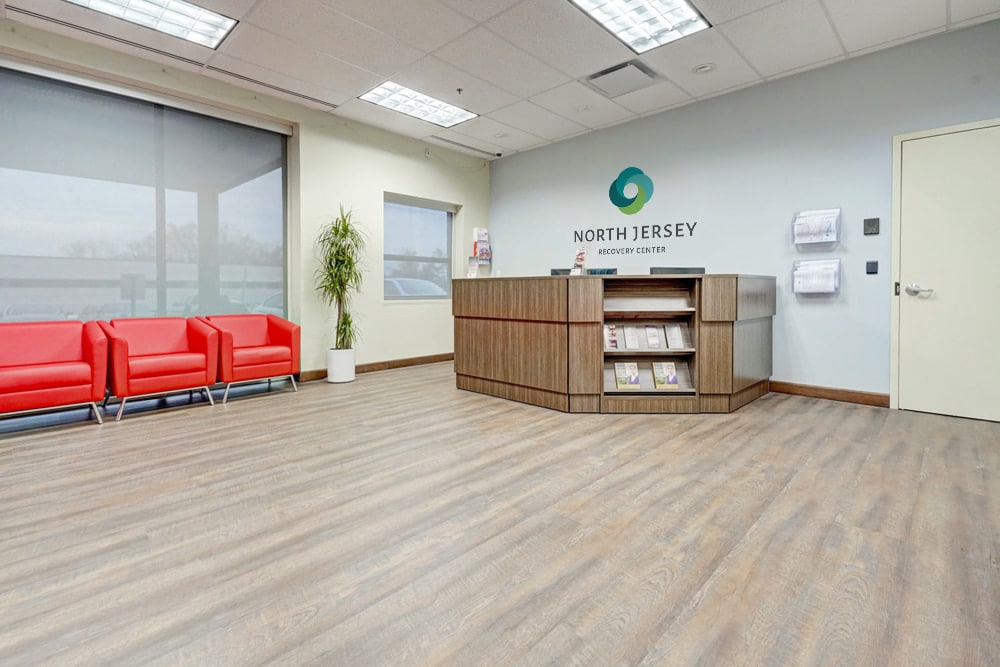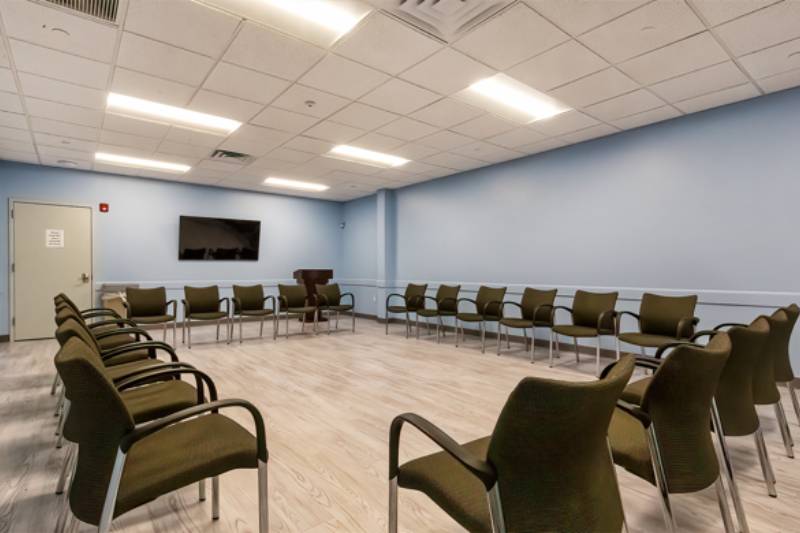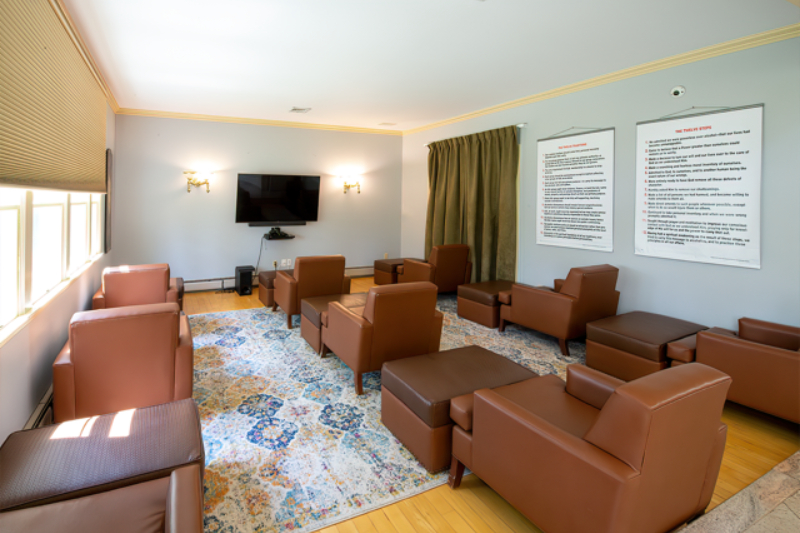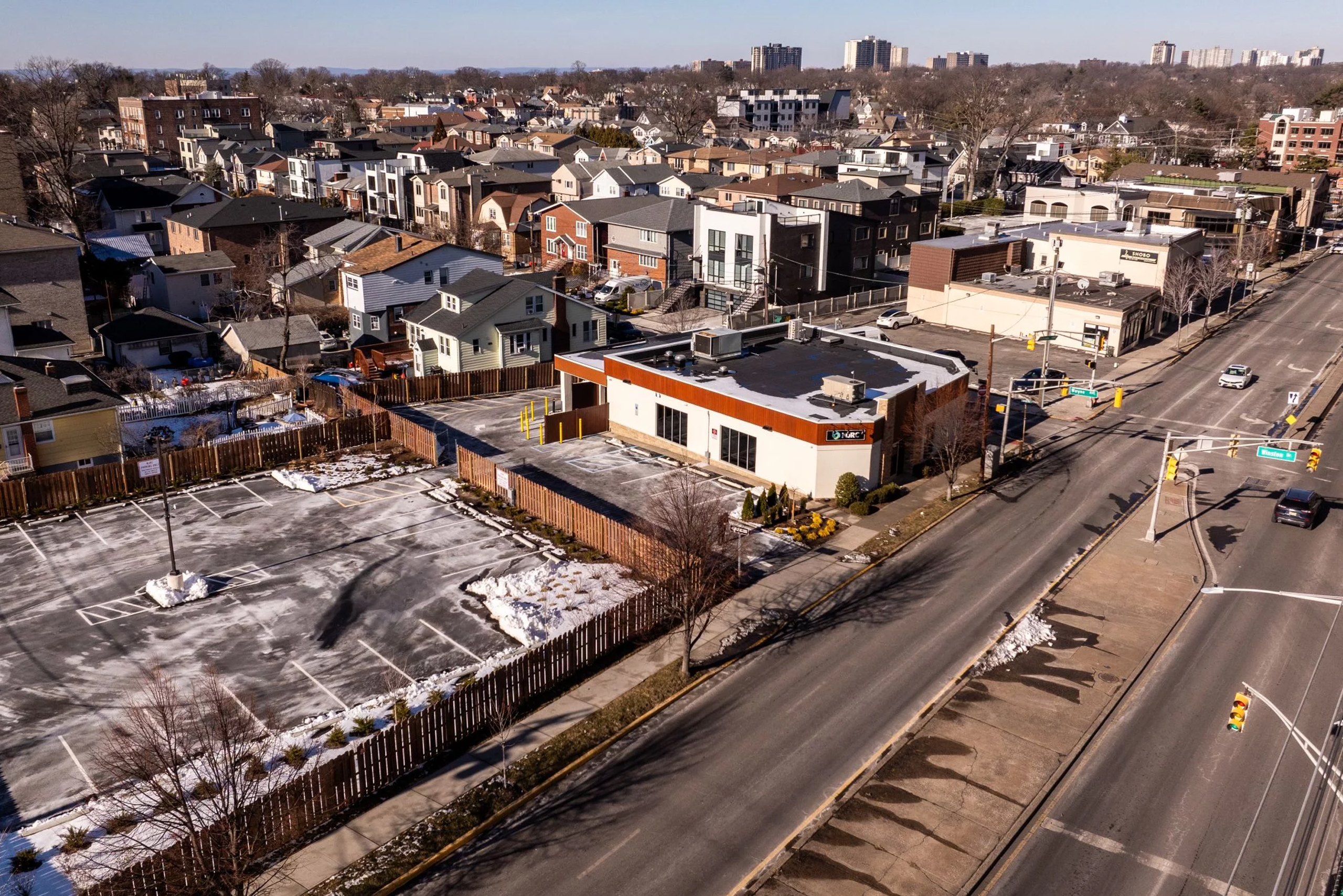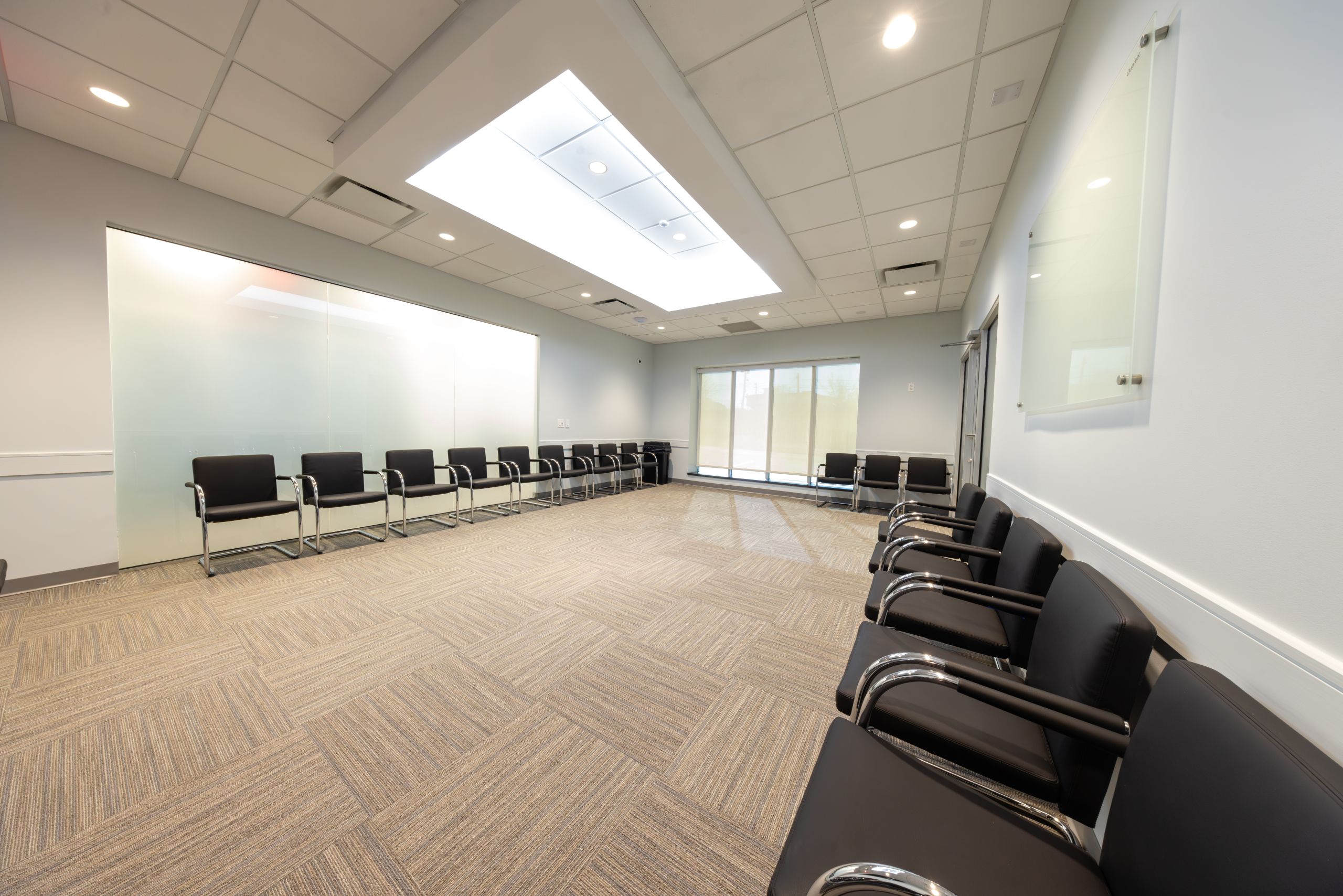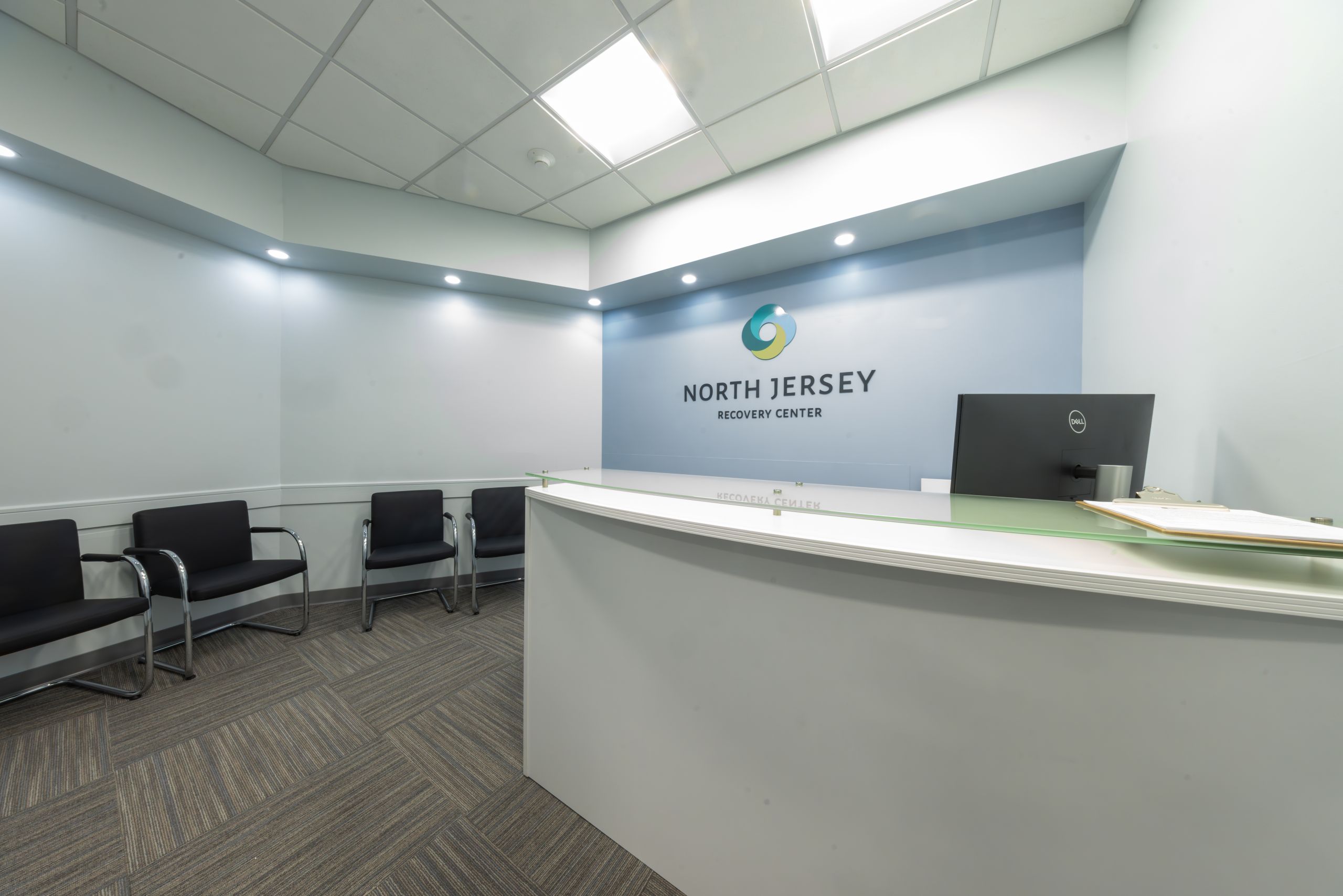What Is ADHD?
ADHD includes three main types: predominantly inattentive presentation, predominantly hyperactive-impulsive presentation, and combined presentation. While ADHD is often diagnosed in childhood, many individuals continue to experience symptoms into adolescence and adulthood. Early diagnosis and effective treatment are key to improving functioning and self-esteem.
Signs and Symptoms of ADHD
Common symptoms include difficulty sustaining attention, frequent careless mistakes, forgetfulness, trouble organizing tasks, excessive talking, fidgeting or restlessness, impatience, difficulty waiting turns, and interrupting others. In adults, symptoms may appear as chronic disorganization, time management challenges, impulsive decision-making, and emotional dysregulation.

The Underlying Factors of ADHD
Living with ADHD can affect nearly every aspect of an individual’s life. For children, it often shows up in the classroom through difficulties with focus, following directions, or managing energy levels. Teens and young adults may struggle with social connections, academic expectations, or self-confidence. In adults, ADHD can influence workplace performance, relationships, and overall well-being. At North Jersey Recovery Center, we recognize that ADHD is not simply about distraction or hyperactivity; it is a complex condition that requires compassion, structure, and effective coping strategies.
Early Steps Can Make a Difference
ADHD is not something people “grow out of.” While symptoms may change over time, untreated ADHD can lead to ongoing challenges such as academic underachievement, strained relationships, substance use risks, and emotional struggles. With early intervention and consistent care, individuals with ADHD can build self-awareness, learn tools for success, and develop greater resilience. Our team at North Jersey Recovery Center helps clients and their families understand how ADHD affects them and provides tailored support at every stage of life.
Holistic Approaches to ADHD Care
Beyond traditional therapy and medication management, our programs emphasize whole-person wellness. Many individuals with ADHD benefit from lifestyle strategies such as improved sleep routines, balanced nutrition, regular exercise, and mindfulness practices. We also integrate stress-reduction techniques, organizational skill-building, and self-care routines that help clients manage symptoms in practical, everyday ways. This holistic approach ensures that treatment goes beyond reducing symptoms and supports long-term personal growth.
Why North Jersey Recovery Center Is Trusted for ADHD Care?
At North Jersey Recovery Center, we are committed to delivering more than just treatment; we provide a pathway to empowerment. Our team combines evidence-based therapies with individualized attention, creating care plans that adapt as clients grow and change. Whether through in-person sessions or teletherapy, we offer accessible, compassionate services designed to meet you where you are. By choosing our center, you gain a partner in managing ADHD and unlocking your potential.
ADHD Treatment
How We Treat ADHD at North Jersey Recovery Center
We offer a comprehensive approach combining behavioral therapy, cognitive-behavioral therapy (CBT) for ADHD, parent training (for children), medication management (such as stimulants or non-stimulant medications), executive function coaching, academic accommodations, and mindfulness-based strategies. Each treatment plan is tailored to the individual’s unique challenges, goals, and strengths.



